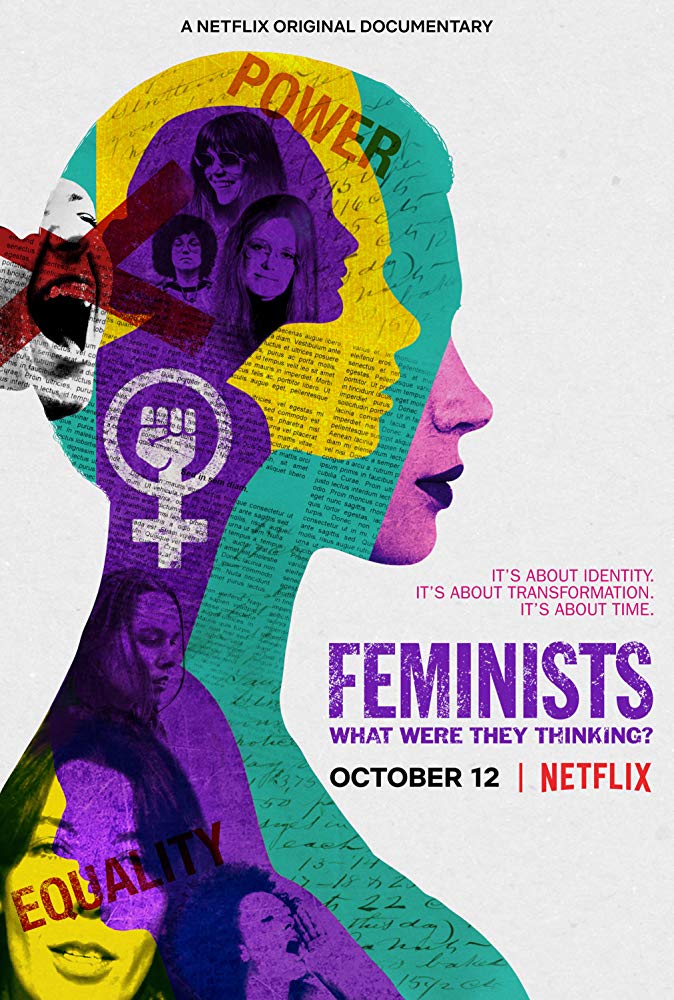Just in time for November elections, a new Netflix documentary reminds us of the political and personal fight of second-wave feminists—a fight we fourth-wavers are maneuvering still.
Based on 1977’s “Emergence,” a book of photos by Cynthia MacAdams, “Feminists: What Were They Thinking?” lends a voice to those old images, illustrating—via anecdotes narrated by their subjects—how they related to their time and ours.
The documentary is short, and grounded in its nature (it was funded with help from director Johanna Demetrakas’ Kickstarter campaign), and its grassroots feel shows. The interviews are set against a clean, sparse backdrop—McAdams’ black-and-white photos plastered here and there like a makeshift art gallery—and are themselves used sparingly, letting the images speak for themselves.
Its small scope—save for a few familiar faces, especially Jane Fonda and Lily Tomlin—fits the subject matter well. The documentary doesn’t try to explain the history of feminism, or even second-wave feminism for that matter. It simply lets the women in the photos bring the generality of their movement to a more specific, down-to-earth level.
Though the women’s vignettes are personal, similarities among them appear quickly. Several talked about sexism in academia, ranging from having to choose between being a mom or a professor to being pressured not to speak up in class.
Through it all, “Feminists” is obsessed with imagery—and for good reason. Photography is so personal an art—and MacAdams so nuanced an artist—that the subjects seem alive, even while still on black-and-white film.
Yes, there’s a romanticized side to it—a younger filmmaker interviewed said the women in the photos “look free,” and that “you want to be like them,” while others spoke longingly about the fluid nature of the feminist “wave,” something they were excited to jump on and ride. In many ways, it sounded like a great time.
But those flourishes are balanced out by women acknowledging the realities of their plight and the distance we still have to go.
The big idea, it seems, is to reflect on the distance between the “there and then” to the “here and now,” to note both the makings of a movement and the ongoing nature of its offspring: modern feminism, #MeToo and everything else that, today, feels so connected to those earliest players.
Nowhere in “Feminists” is this connection more evident than when a clip of the 2017 Women’s March—pink pussy hats and all—fades into one from 40 years earlier, featuring women in Washington doing pretty much the same thing.
It’s exciting to see today’s feminists following their fore-mothers in stride—and, naturally, upsetting that they have to at all. Through this balancing act, the documentary compels viewers to not just marvel at the feminists of yore, but to realize their own impetus to act, too.
Watch “Feminists” on Netflix for some inspiration or simply a closer peek at the era of bra-burners you’ve heard so much about.
And then go vote—because, well, you can’t watch a documentary like this and sit it out.







